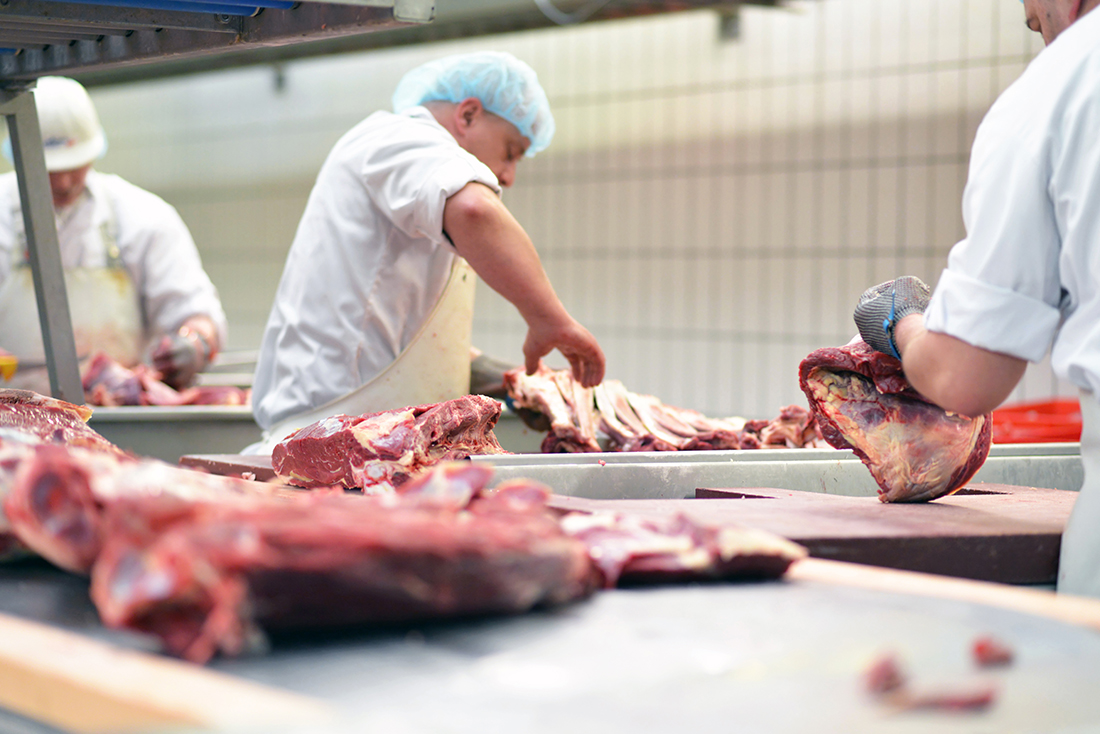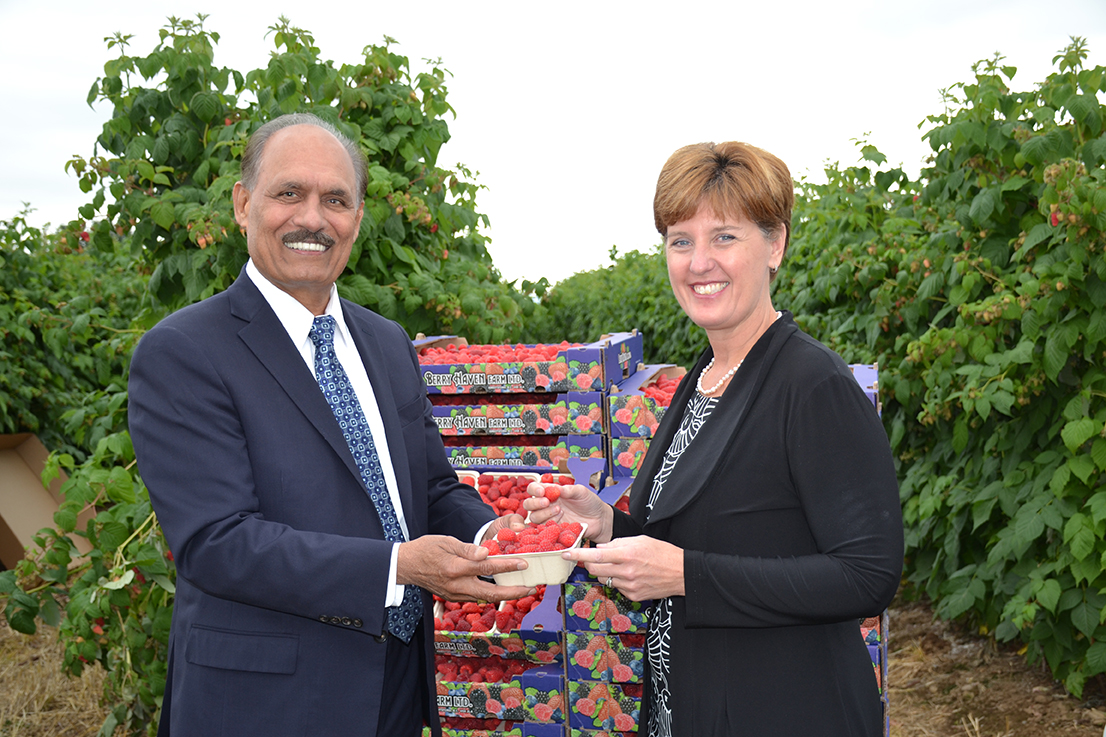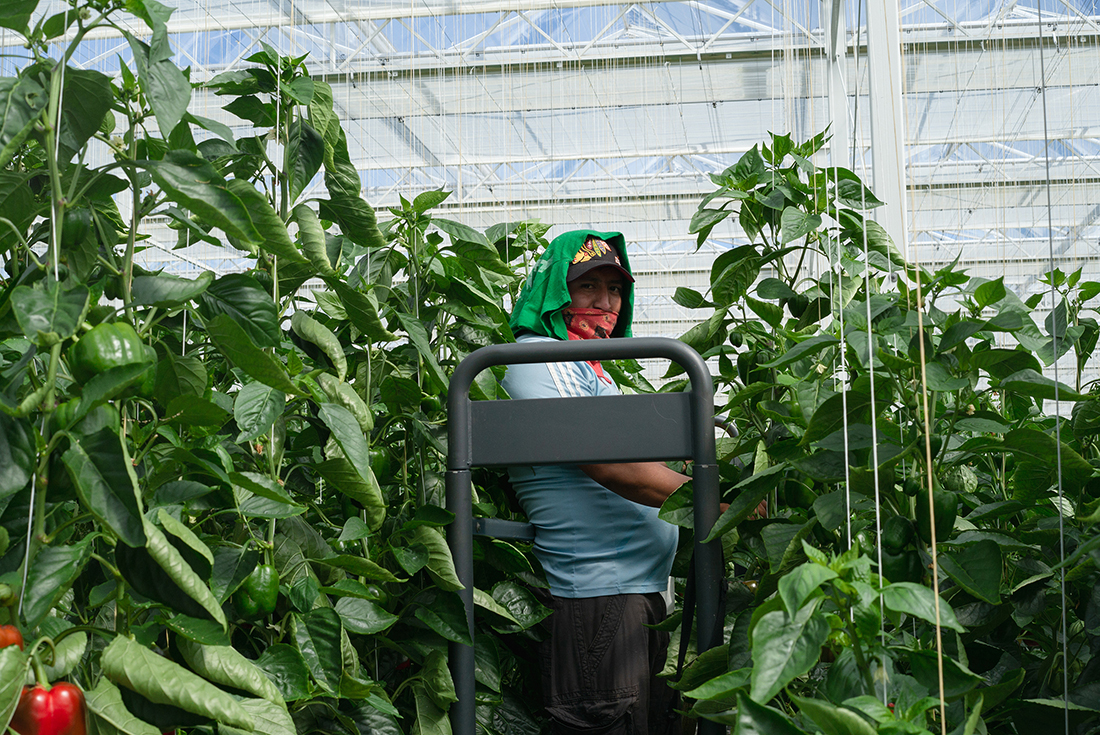A three-year pilot program intended to attract foreign workers to the meat, mushroom and greenhouse vegetable sectors is getting mixed reviews in BC.
Originally announced in this year’s federal budget, the program will give employers a chance to hire workers for a two-year period through the temporary foreign worker program. Qualified workers will have the chance, after one year, to apply for permanent resident status. Applications will be accepted beginning in early 2020.
The details were provided in a July 12 announcement in Mississauga.
But the step forward doesn’t go far enough for some of the sectors it’s supposed to help.
“We need more than temporary workers,” says Nova Woodbury, executive director of the BC Association of Abattoirs. “We need them to be around because it’s not going to get solved in a year or two. This has been going on for many years.”
Woodbury has advocated for greater government attention to the issue for years, and says this and other recent announcements are signs that government is finally noticing.
The province, for example, convened as task force on temporary foreign workers last week that will seek to address the issue, and a consultation with the meat processing sector is also underway at the federal level.
“There’s been major challenges with the changes that have happened to the temporary foreign worker program,” she says. “I’m hoping this provincial task force that just got under way last week … [will] take a look at coordinating all this stuff.”
Linda Delli Santi, executive director of the BC Greenhouse Growers Association, also said a long-term strategy is needed to labour issues in agriculture. Temporary workers are important but is, by nature, temporary.
“It doesn’t address the root cause of it, but it will help in having more people,” she says.
The fundamental issue is a lack of interest in agricultural careers.
“Working on a farm does not mean you’re going to be picking carrots in October in the rain. It means you could be an MBA, you could be a bookkeeper, a research scientist,” she says. “We need much more help on educating people in Canada that agricultural jobs can be rewarding and fulfilling.”


 Ag minister brings cash
Ag minister brings cash